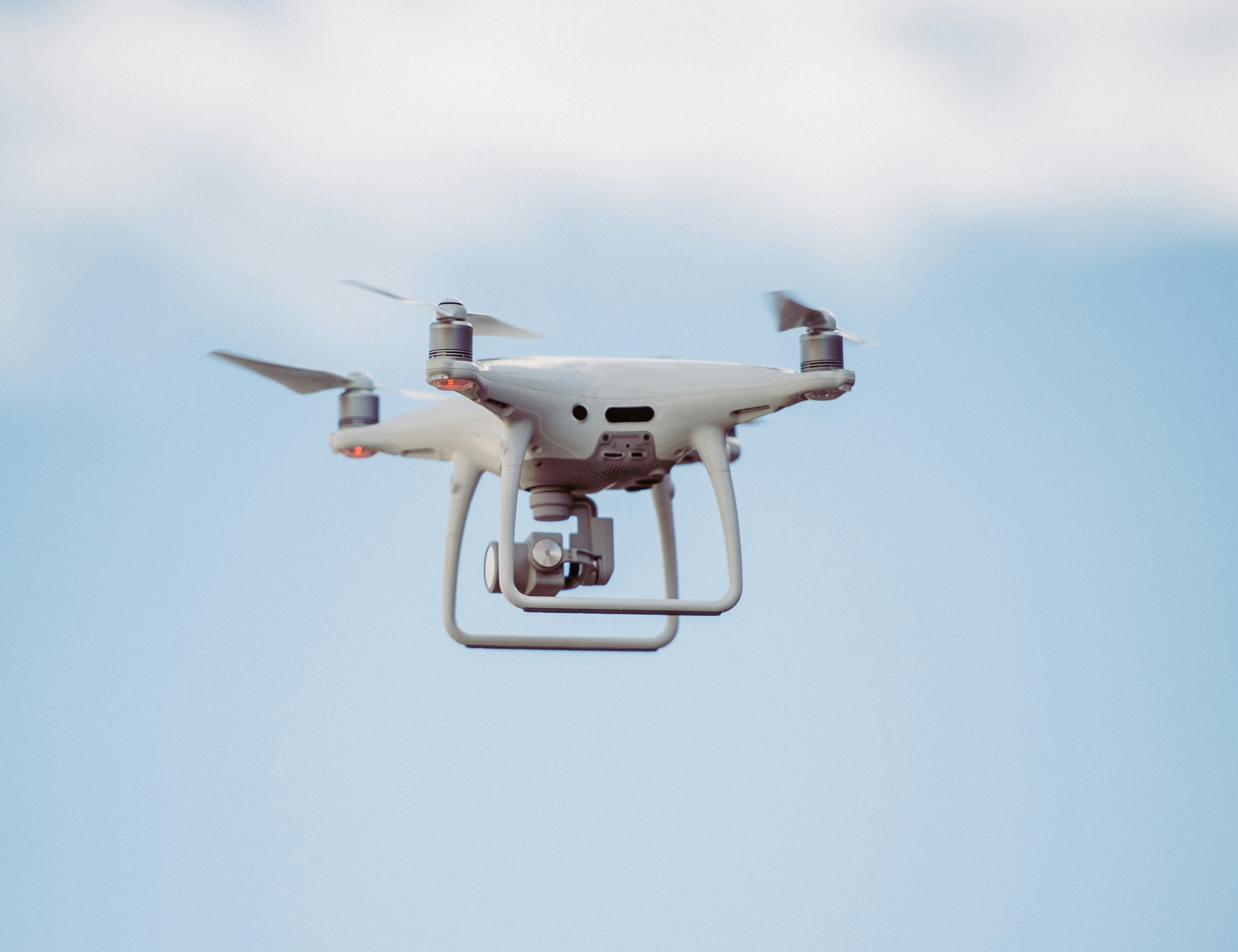Geo-Spatial Applications of Decentralized Physical Infrastructure Networks
Discover how our integrated approach to location-aware knowledge systems and decentralized physical infrastructure is transforming industries through spatially intelligent solutions.
Geo-Spatial AI Agent Coordination Platform
An intelligent system that coordinates autonomous AI agents using geo-spatial context awareness to optimize resource allocation, ensure regulatory compliance, and enable location-sensitive decision making.
Geo-Spatial Context Integration
Autonomous agents leverage real-time location data to make contextually appropriate decisions based on geographic relevance and spatial relationships.
Agent Collaboration Framework
Multi-agent system that enables autonomous coordination between AI agents with different spatial jurisdictions and resource requirements.
Jurisdictional Compliance Engine
Location-aware governance system ensuring agents operate within appropriate regulatory frameworks based on their geographic operation area.
Real-World Impact
Real-world applications of our decentralized technology across critical sectors including logistics, healthcare, finance, energy, governance, AI, manufacturing, retail, agriculture, and financial services.
Supply Chain Transparency
End-to-end traceability with real-time visibility, automated compliance verification, and geospatial tracking across global supply networks.
Key Benefits:
Healthcare Data Exchange
Privacy-preserving patient data sharing, FHIR-compliant interoperability, and consent-based access control for research and clinical care.
Key Benefits:
Financial Compliance & Reporting
Automated regulatory reporting, real-time risk assessment, and privacy-preserving transaction monitoring for anti-money laundering and KYC.
Key Benefits:
Energy Grid Management
Decentralized energy trading, grid optimization through AI, and transparent carbon credit tracking with IoT integration.
Key Benefits:
ESG Reporting & Sustainability
Automated ESG metrics collection, verifiable sustainability claims, and transparent impact reporting across value chains.
Key Benefits:
Privacy-Preserving AI Networks
Multi-agent reinforcement learning with federated training, ensuring data privacy while enabling collaborative intelligence.
Key Benefits:
Digital Twin Ecosystems
Real-time digital replicas of physical assets with privacy-preserving data sharing and predictive maintenance.
Key Benefits:
Customer 360 Platforms
Unified customer view with privacy-first data aggregation, consent management, and personalized experiences.
Key Benefits:
Precision Agriculture
Geospatially-aware crop monitoring, supply chain transparency from farm to table, and climate-resilient farming insights.
Key Benefits:
Asset Tokenization & DeFi
Tokenized real-world assets, automated liquidity management, and compliant decentralized finance solutions.
Key Benefits:
